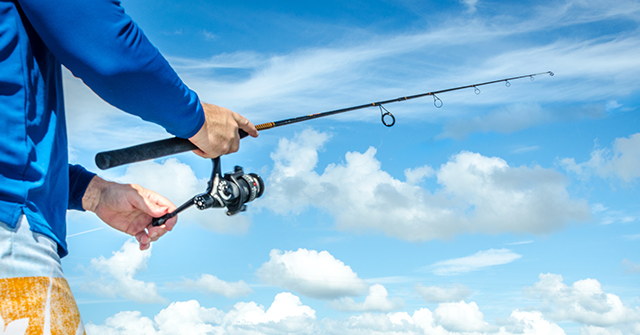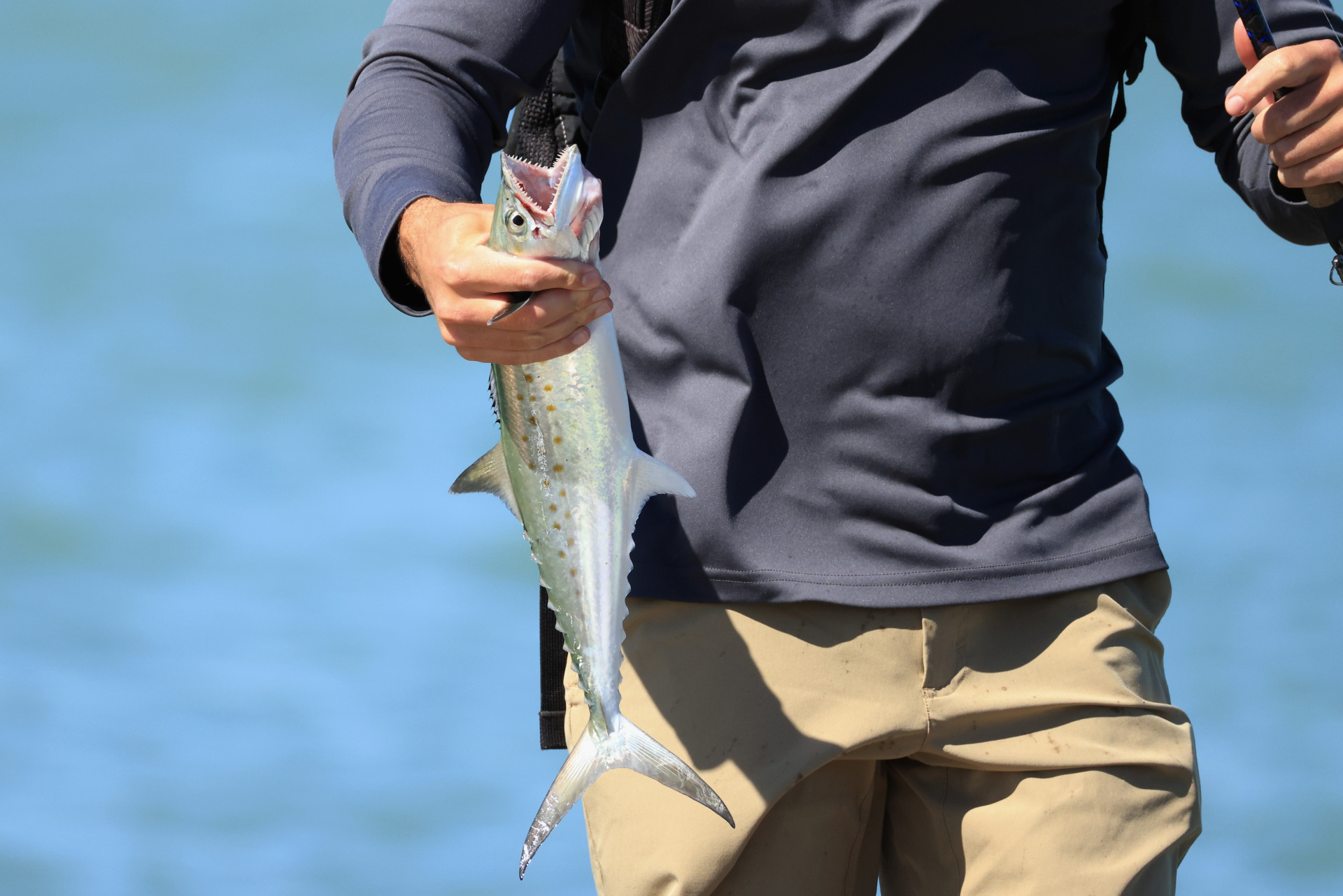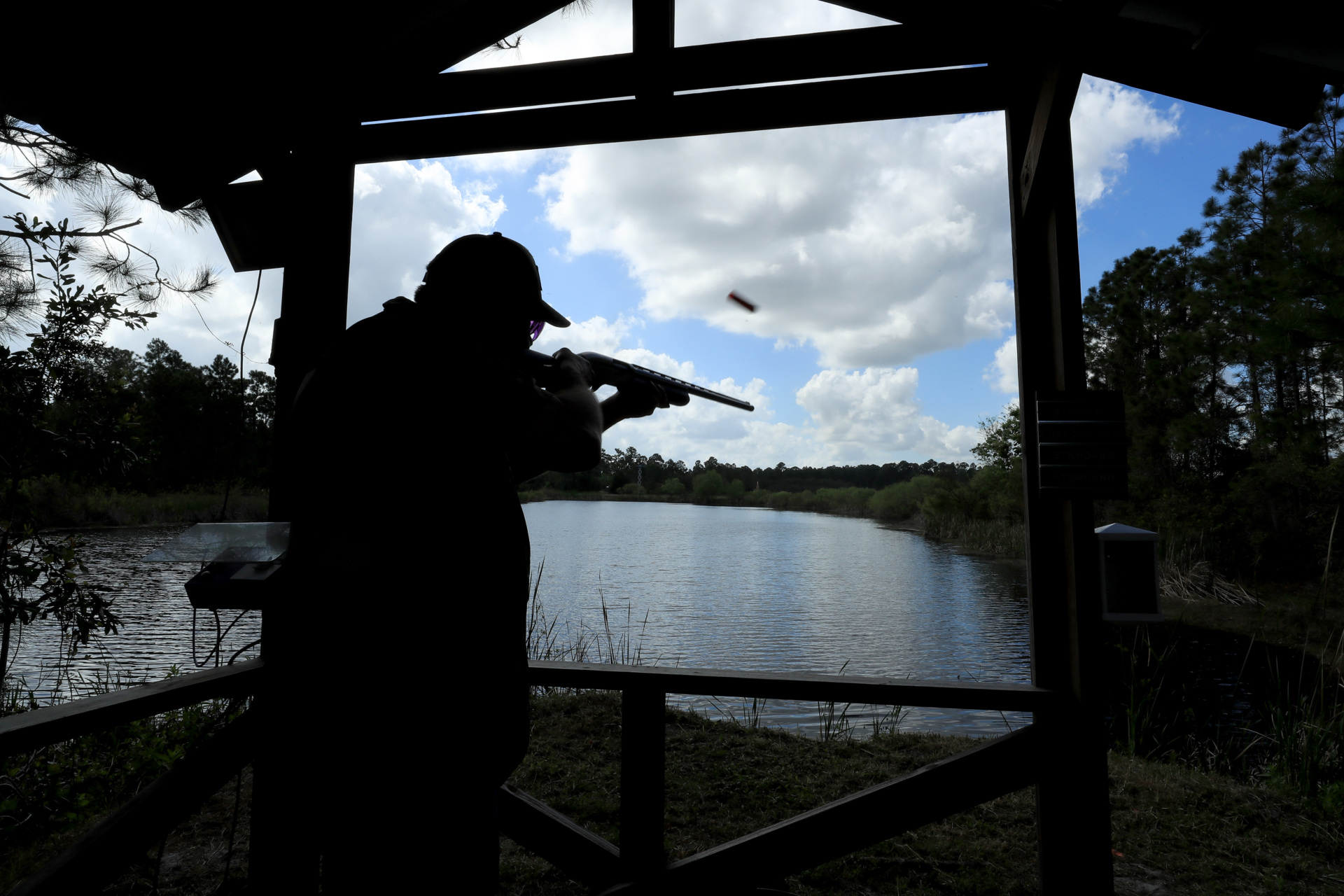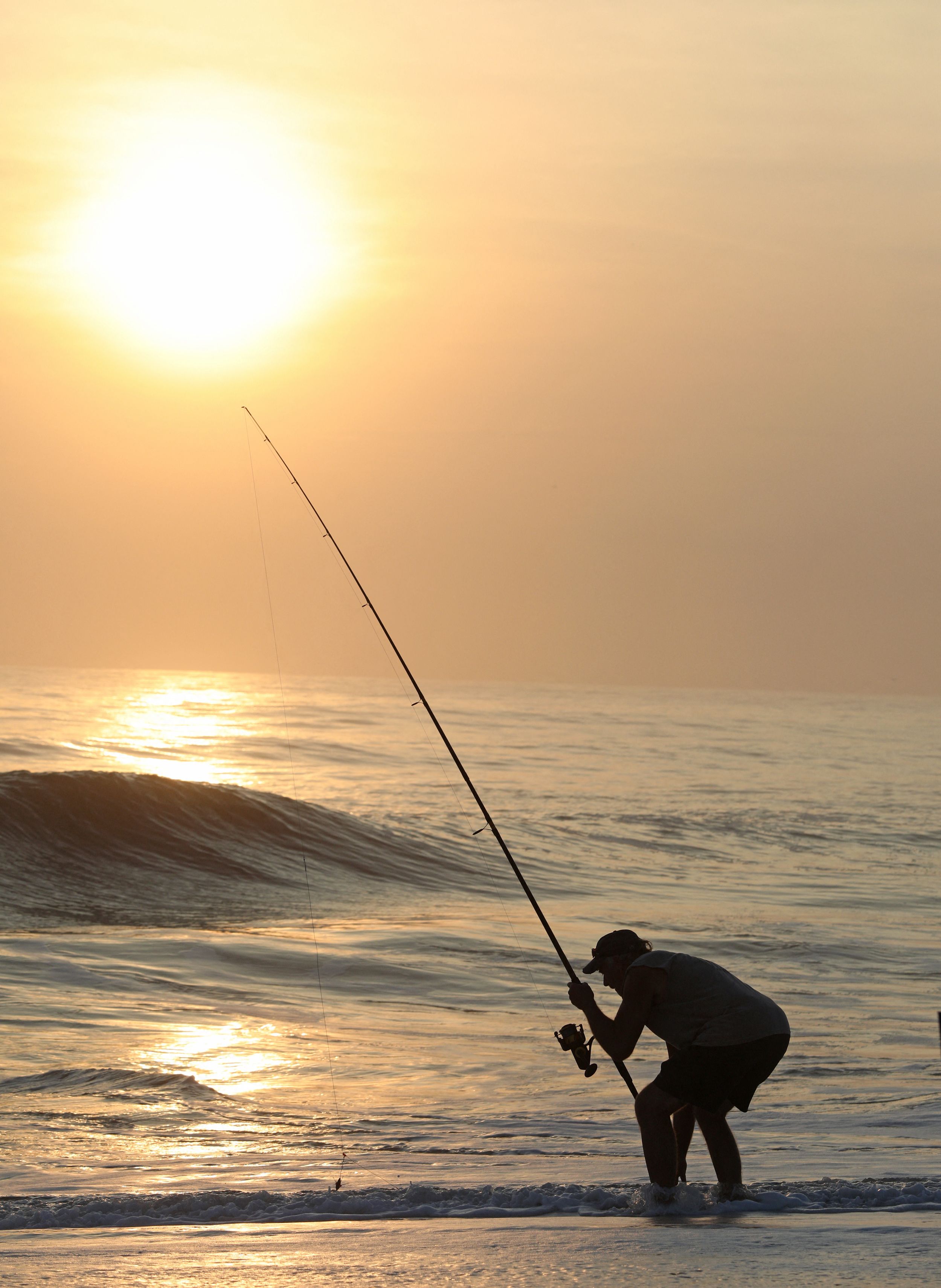


In a world where narratives can shift with the click of a button, it is essential for advocates of hunting and fishing to take charge of the story we tell about our beloved pastimes. The recent success by the state of Florida to secure the right to fish and hunt isn’t just a victory for outdoor enthusiasts; it is a pivotal moment that illustrates the power of effective messaging in the true conservation movement.
Amendment 2 is written plainly: “Fishing, hunting, and the taking of fish and wildlife, including by the use of traditional methods, shall be preserved forever as a public right and preferred means of responsibly managing and controlling fish and wildlife.”
At no time in human history has the right to catch a fish or harvest a deer been more at risk. Liberals in states like Oregon have worked to place a ban on hunting and fishing on the ballot.
The triumph of Amendment 2 in Florida – the constitutional right to fish and hunt – was nothing short of monumental, rallying nearly seven million supporters and eclipsing even the most heated issues like abortion and marijuana. This incredible achievement wasn’t a stroke of luck; it stemmed from a strategic, disciplined communication effort that tapped into the core values resonating with all Floridians. The message was simple – that hunting and fishing are “humane and natural ways to manage Florida’s wildlife” – alongside compelling arguments for food security, economic benefits, and cultural significance. The results were clear: it struck a powerful chord with a diverse audience.
While Florida boasts 2.5 million dedicated anglers and hunters, the nearly seven million votes for Amendment 2 underscore a truly remarkable coalition. It means that at least 4.5 million non-hunters and non-anglers stood shoulder to shoulder with us, united in the belief that these rights deserve protection. This overwhelming support is a testament to the understanding that our sports are not just about individual pursuits; they are vital to the conservation efforts that sustain Florida’s rich natural heritage. Together, we forged a powerful alliance that transcends labels, proving that the fight for our fishing and hunting rights is a shared commitment to preserving the beauty and bounty of the Sunshine State for generations to come.

An angler catches a fish at the canal on March 29, 2024, in Sebastian Inlet, Florida. (Bruce Bennett/Getty Images)

Dr. Eric Townsend shoots a round of sporting clays at Saltwaters Shooting Club on March 21, 2020, in St Augustine, Florida. (Sam Greenwood/Getty Images)
This campaign revealed an essential truth: the non-hunting public is not an adversary but a potential ally. Many Floridians, who may never have cast a line or pulled a trigger, recognize the importance of sustainable wildlife management and the role that responsible hunting and fishing play in preserving our natural heritage. By framing these activities within the context of stewardship and community, hunters and anglers build a narrative that invites everyone to join in the cause, regardless of their personal involvement in these pursuits.
It is not enough to just advocate for our rights; we must educate the public about the ecological, economic, and social benefits of hunting and fishing. In Florida, that meant connecting these benefits with the very real threats to our outdoor heritage from groups like Wildlife for All and Sierra Club, who in some instances not only want to ban hunting and fishing but make it a crime. That campaign effectively communicated that these activities are not just about sport; they are integral to Florida’s identity, culture, and future.

A fisherman sets up his rod and reel at Playalinda Beach in Titusville, Florida, on October 13, 2023. (Gregg Newton/AFP via Getty Images)
This language shift is crucial not only for our past successes but also for the battles that lie ahead. As we look to the future, we must adopt the same strategic communication approach to ensure that we continue to secure our rights and fend off the anti-hunting sentiment that can arise from misunderstandings or misinformation.
The data from the Florida campaign is clear: when we speak in terms that resonate with the broader public – emphasizing conservation, community, and ethical wildlife management – we can build bridges with those who may initially be indifferent or even opposed.
The grassroots campaign in Florida, which included partnerships with key outdoor influencers like BlacktipH and a robust digital strategy involving texting, social media, and paid outreach, showcased our commitment to a well-rounded approach. By engaging the community and appealing to shared values, anglers and hunters were able to amplify our message and reach millions of voters who ultimately stood with us at the polls.
The success of Amendment 2 is not merely a victory for hunters and anglers; it is a blueprint for how we can continue to own the narrative around our rights and responsibilities as stewards of America’s wildlife and wild lands. The non-hunting public is not just a demographic we need to convince; they are our partners in protecting these rights for generations to come.
As we move forward, let us continue to embrace this positive, inclusive messaging that highlights the benefits of hunting and fishing – not just for us, but for all Americans. By doing so, we can ensure that the conversation around hunting and fishing remains one of celebration, unity, and shared purpose.
Together, we can protect our rights and the beautiful landscapes we cherish from Florida, to Michigan, Colorado, and beyond. Let this be a rallying cry for all who truly value our natural resources and the wildlife therein, and let us move forward with confidence and conviction to forever protect our ability to humanely and naturally manage them.
Luke Hilgemann is the Executive Director of the International Order of T. Roosevelt and served as the National Chairman for “Yes on 2” in Florida.
